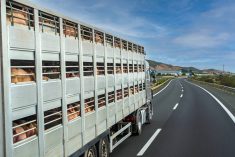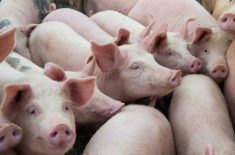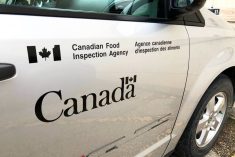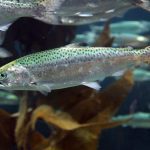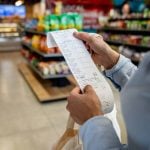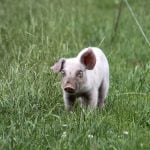Canada hopes to reopen the “key” South Korean market for Canadian beef exports through consultations at the World Trade Organization.
International Trade Minister Stockwell Day announced Thursday that the federal government has asked the WTO to begin consultations on the topic of Seoul’s “unjustified” ban on imports of Canadian beef.
“We are now taking the necessary steps to defend Canadian beef producers,” Day said in a release. “South Korea represents a key market for them, and we are going the extra mile to get the door open.”
Read Also
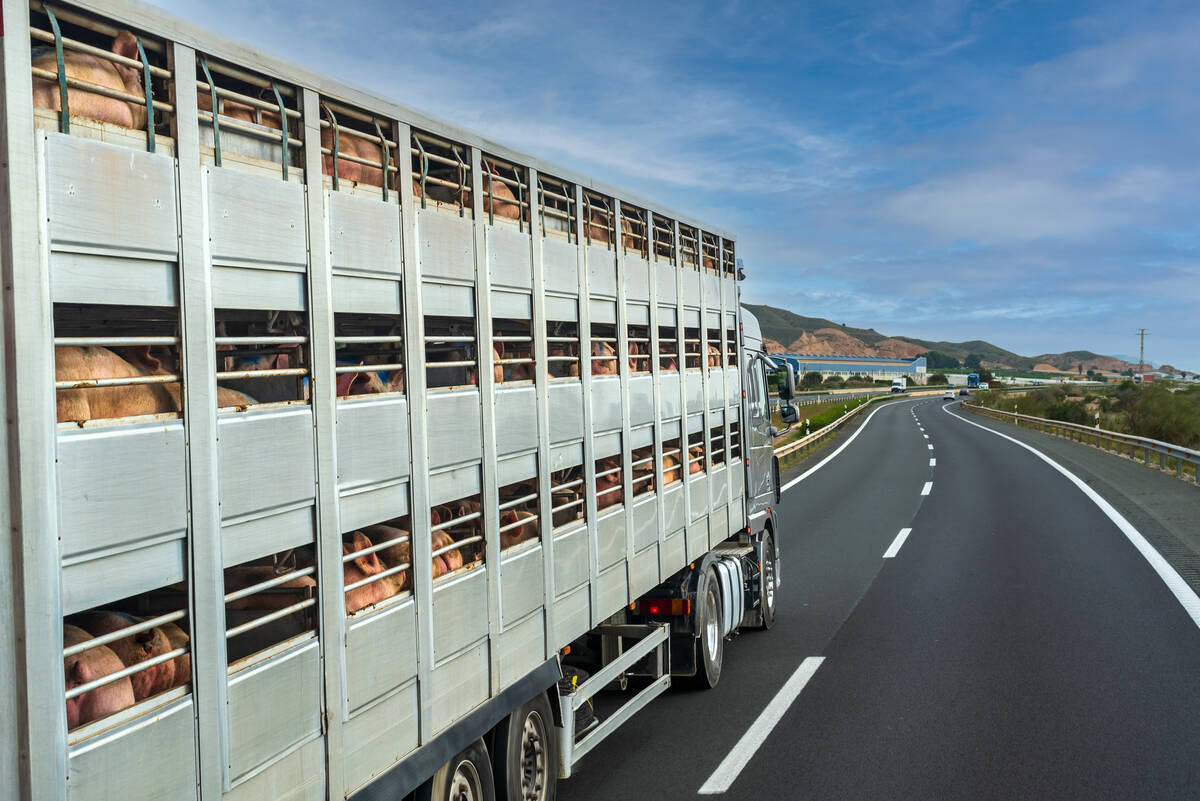
Canada, Philippines make African swine fever zoning agreement
Canada and the Philippines have signed an African swine fever (ASF) zoning arrangement, a measure that should ensure trade can continue between the countries during outbreak of the disease.
WTO consultations give member nations a chance to resolve such disputes through discussions. But if consultations don’t resolve the matter, the complaining nation may then ask that the matter be referred to a WTO dispute settlement panel.
“We are disappointed to have to launch this action, as we had hoped to resolve our differences through negotiation,” Day said. “Canada has a robust trade relationship with South Korea, so it is unfortunate that we have not been able to settle this issue and reopen South Korean markets to Canadian beef.”
Ottawa noted that it “intensified” its bilateral representations to South Korea on the issue starting last September, including ministerial-level meetings, technical discussions and, most recently, a visit March 20 by Agriculture Minister Gerry Ritz.
“We are committed to a respectful working relationship with South Korea, but we have always made it clear that it is unacceptable to discriminate against Canadian producers,” Ritz said Thursday. “This consultation is a formal opportunity for us to work with South Korea to resolve this issue, as well as a strong signal that we will stand up for Canadian producers.”
“Controlled risk”
South Korea’s ban dates back to May 2003, when Canada confirmed its first domestic case of bovine spongiform encephalopathy (BSE) in an Alberta cow. South Korea had previously been Canada’s fourth-largest beef export market, with sales of $50 million in 2002.
Beef slaughter and processing regulations Ottawa has since introduced to control the risk of BSE have reopened various countries’ beef markets, including those of the U.S. starting in 2005.
In May 2007, the World Organization for Animal Health (OIE) officially classified Canada as a “controlled BSE risk” country, recognizing the effectiveness of Canada’s surveillance, mitigation and eradication measures.
OIE guidelines allow trade of all beef and cattle for countries in this risk category. South Korea last June granted beef market access to the U.S., which has the same OIE controlled-risk status as Canada.
Since 2007, Ottawa noted, “many” of Canada’s trading partners have accepted the “controlled risk” designation and lifted their BSE-related beef bans. More than 55 countries imported Canadian beef in 2008, the government said.
Canada’s representations to South Korea have been made by ministers, ambassadors, senior officials and technical experts and are based on “sound science,” the government said Thursday. Said representations “have provided scientific data to South Korea which far exceeds what is required to justify full resumption of trade.”
Despite such efforts, Ottawa and Seoul “have been unable to resolve the issue, or to agree on a reasonable timetable for a resolution.”
Consultations at the WTO level are generally held within 30 days of a request being filed, unless both parties agree to a different time frame. If consultations don’t resolve the beef dispute, Canada would be in a position to request the establishment of a WTO panel 60 days from April 9, the date of its request for consultations.


